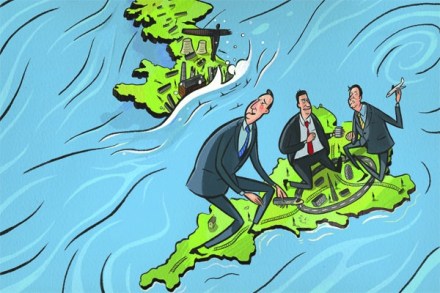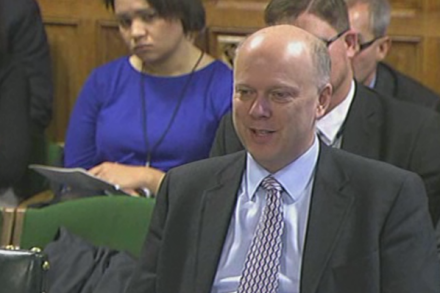Does the South East need its own party?
Kelvin MacKenzie wants a British version of the Italy’s Northern League. His aim is to have a Southern Party that would push for home rule for London and the South East and oppose fiscal transfers from the South East to the rest of the country. The piece is classic MacKenzie polemic. But it does speak to the growing regionalisation of British politics, a subject that Neil O’Brien addressed for us in his final piece before becoming an adviser to George Osborne. Outside of London, Labour only have four MPs in the South East and in the European elections, Labour came fifth in the region — behind even the Greens. For





















